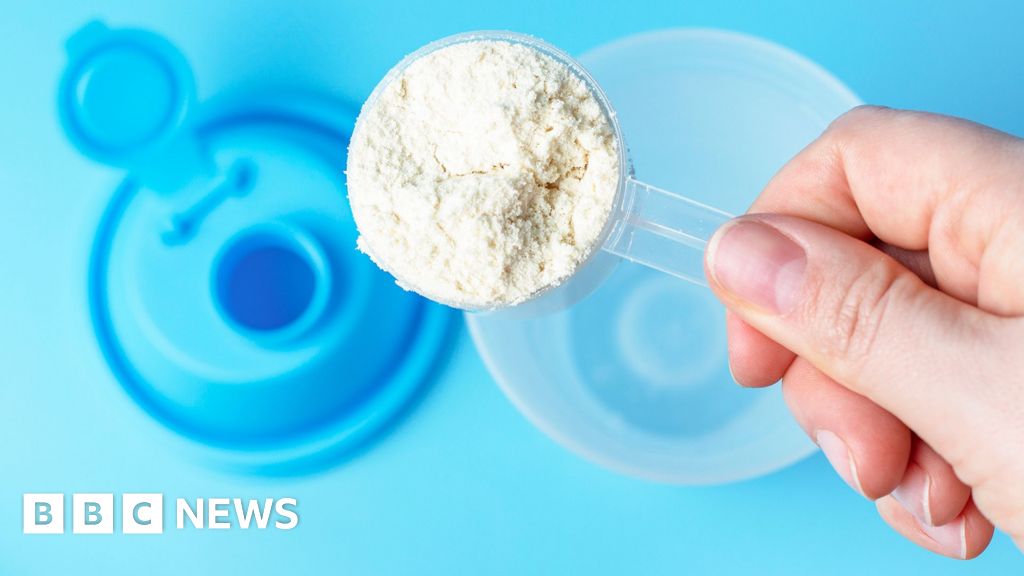Introduction to Creatine
Creatine has become a popular supplement among millions of people, particularly in the fitness and athletic communities. Originally known for its ability to improve bodybuilders’ and athletes’ performance in the 1990s, it has now gained popularity among women in their 40s. As one of the most researched supplements in the world, thousands of studies have been conducted to evaluate its ability to increase muscle mass and overall strength.
What is Creatine?
Creatine is a naturally occurring substance stored in our muscles, helping our cells produce energy. It is an essential component of the ATP CP system, the fastest and most powerful energy system in our body. This system drives high-intensity training, providing a rapid energy boost for activities like weightlifting and sprinting. Research suggests that creatine supplementation can improve performance in these areas.
Benefits Beyond Fitness
In addition to its benefits for athletes, there is growing evidence that creatine may also improve short-term memory, mood, and focus. While the research is still limited, it is an exciting area of study. Many people, including women experiencing perimenopause, are turning to creatine to help alleviate brain fog, a common symptom characterized by difficulty thinking clearly and remembering simple things.
Real-Life Experiences
Katie Mansell, a 46-year-old woman from Merseyside, believes that creatine has made a significant difference in her life. She takes six grams of creatine daily and has noticed improvements in her mood, ability to lift heavier weights, and clarity of thought. While she has also started taking magnesium supplements and hormone replacement therapy, she is confident that creatine has had a positive impact.
The Science Behind Creatine
Research on creatine has traditionally focused on its effects on male athletes, with female biology often overlooked. However, in recent years, scientists have begun to study how creatine affects women’s health, particularly during perimenopause. Dr. Susan Kleiner, a high-performance nutritionist, notes that hormonal fluctuations in women were only recently taken into account, leading to new insights into creatine’s potential benefits.
Can Creatine Help with Brain Fog?
Professor Trevor McMorris, an expert in creatine supplementation, suggests that creatine may help alleviate brain fog by increasing energy production in the brain. While the research is promising, he notes that it may not work for everyone and that more studies are needed to fully understand its effects.
Potential Side Effects
As creatine’s popularity grows, there is a risk of increased side effects due to varying body sizes, doses, and existing conditions. Known side effects include stomach upset, muscle cramps, and flatulence. People with kidney diseases should consult a doctor before taking creatine. While experts agree that creatine is generally safe for healthy adults, they caution that results may be minimal, and it is not a miracle cure.
Conclusion
Creatine has become a widely used supplement, and its potential benefits extend beyond the fitness community. While research is ongoing, many people are turning to creatine to help improve their cognitive function, mood, and overall well-being. As with any supplement, it is essential to be aware of the potential side effects and consult a doctor if necessary.

